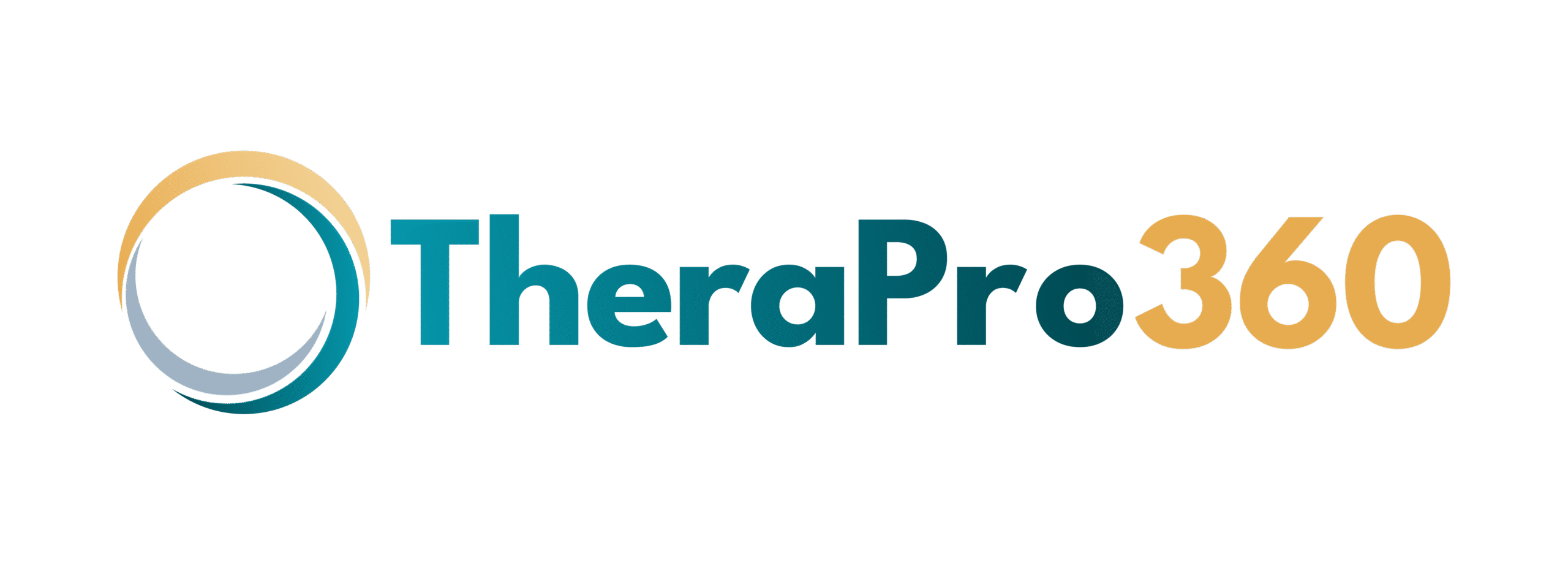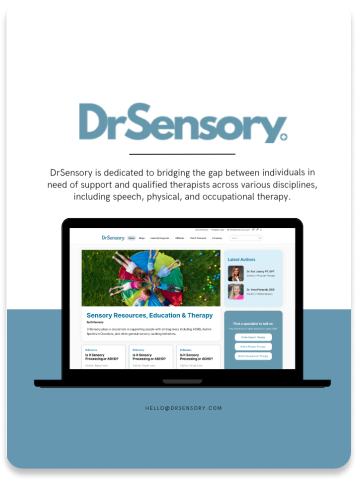
Blog
How Technology Supports Speech Therapy
Expert web designers ensure the site and software is easy to use.How Technology Supports Speech Therapy
Speech therapy plays a crucial role in the lives of individuals facing communication challenges by aiding them in improving speech, language, and cognitive functions. Over the last few decades, technology has dramatically transformed the landscape of speech therapy, offering innovative tools and resources for therapists, patients, and caregivers alike. From facilitating remote therapy sessions to introducing advanced practice management software, the integration of cutting-edge technology has revolutionized traditional therapeutic practices, making speech therapy more accessible, efficient, and personalized.

Accessible Teletherapy Solutions
One of the most significant advancements in speech therapy is the rise of teletherapy, which leverages video conferencing and digital platforms to deliver remote speech therapy services. Teletherapy enables individuals in remote or underserved areas to access expert speech-language pathologists (SLPs) without needing to travel long distances. This has proven particularly beneficial for children and adults who might face logistical or mobility challenges. Platforms such as TheraPro360 create a virtual space where therapists can conduct evaluations, provide exercises, and monitor progress in real time. Additionally, screen sharing and interactive tools allow therapists to use digital flashcards, games, and resources to engage patients more effectively.
Apps and Assistive Technologies
Speech therapy apps have grown in popularity, offering a variety of options tailored for different age groups and communication challenges. These apps feature interactive exercises, assessments, and tutorials, often using gamification techniques to make therapy enjoyable and engaging. For individuals with severe speech impairments, augmentative and alternative communication (AAC) devices and software have been game-changers. These tools, such as text-to-speech applications and symbol-based communication systems, empower patients to express themselves effectively when verbal communication is difficult. Innovations in eye-tracking and adaptive technology even allow non-verbal individuals to communicate by selecting words or symbols on a screen using only their gaze.
Data-Driven Insights and AI Integration
Speech therapy also benefits from technology’s ability to generate and analyze data. Modern tools equipped with artificial intelligence (AI) can assess speech patterns, detect errors, and provide detailed feedback for both therapists and patients. AI-powered software can identify subtle speech deviations that may be challenging for human professionals to discern, leading to more precise diagnosis and treatment strategies. Machine learning can also be employed to create customized therapy plans by analyzing a patient’s unique data and progress over time.
Voice Recognition AI
Voice recognition technology, another AI application, is increasingly being utilized to develop exercises that adapt in difficulty based on a patient’s responses. Programs like these not only reduce the workload on therapists but also allow patients to practice independently at their convenience. This combination of automation and personalization maximizes therapy outcomes and keeps progress on track.
Practice Management Software
While tools that directly assist in speech therapy sessions are essential, advancements in practice management software have also played a pivotal role in revolutionizing therapy processes. These systems streamline administrative tasks, provide powerful reporting capabilities, and ensure seamless communication within therapy teams.
TheraPro360 is one such example. Our comprehensive software supports speech therapy practices by streamlining administrative tasks, scheduling appointments, storing patient records securely, and managing billing efficiently. TheraPro360 enables therapists to spend less time on paperwork and administrative processes, allowing them to focus on providing quality care to their patients. Our cloud-based system ensures that all critical information is readily available at therapists’ fingertips, enabling seamless task coordination within therapy teams. Additionally, by incorporating reporting and analytics tools, our platform assists clinical practices in tracking outcomes and generating insights into patient progress.
Wearable Devices for Real-Time Feedback
Advances in wearable technology have made it possible to monitor speech therapy progress in real time. Wearable sensors that detect muscle movement, vocal strain, or articulation patterns provide immediate feedback, allowing patients and therapists to adjust methods quickly for better results. These devices also promote at-home practice, where constant monitoring supports more consistent progress.
Gamification and Engagement Tools
Many apps and devices utilize gamification to make speech therapy interactive and fun. By incorporating rewards, levels, and challenges, these tools encourage patients—especially children—to stay motivated throughout their therapy. This approach not only improves engagement but also fosters a more positive attitude toward consistent therapy.
The Future of Speech Therapy Technology
The continued integration of technology in speech therapy holds immense promise. Breakthroughs in neuroscience, coupled with the development of wearable devices, may open doors to more precise and immediate feedback. Advances in AI-driven language models could further enhance speech recognition tools, creating even more personalized and effective therapies.
Virtual Reality and Immersive Environments
Emerging technologies like virtual reality (VR) are also making a splash in the field of speech therapy. VR can simulate real-world environments, providing patients with a safe space to practice communication and interaction skills. For instance, a patient with social anxiety may practice ordering food in a simulated restaurant scenario, while children with autism may develop conversational skills in a virtual playground. These immersive experiences allow therapists to create specific scenarios tailored to each individual’s challenges, fostering faster progress and better retention of learned behaviors.
AI-driven Language Models
AI-driven language models have the potential to revolutionize speech therapy by analyzing verbal communication patterns on an incredibly precise level. These advancements can support more refined diagnostics and exercises, providing signposts for therapy paths tailored to a patient’s distinct needs.
Sensors That Monitor the Body More Closely
Future sensors may integrate even greater capabilities for tracking physical responses during speech. These wearable or embedded devices could focus on muscle movement, airflow, and even neural activity associated with speech, allowing for greater insights and real-time adjustments.

We’re Here To Help
Technology has fundamentally transformed the field of speech therapy, making it more accessible, efficient, and patient-centered. TheraPro360 is here to welcome you into the future of EHRs and practice management softwares. Get started today and learn how we can support your practice and help you provide the best care possible.
Why TheraPro360?
Run your practice with simplicity with our streamlined scheduling, seamless telehealth integration, centralized patient portals, intuitive calendar management, and automated invoicing.
Get Started TodayAuthors and Contributors

Eva Lassey PT, DPT
Co-Founder of TheraPro360
Dr. Eva Lassey PT, DPT has honed her expertise in developing patient-centered care plans that optimize recovery and enhance overall well-being. Her passion for innovative therapeutic solutions led her to establish DrSensory, a comprehensive resource for therapy-related diagnoses and services.

Irina Shvaya
Co-Founder of TheraPro360
Irina Shvaya is the Founder of eSEOspace, a Software Development Company. She combines her knowledge of Behavioral Neuroscience and Psychology to understand how consumers think and behave.
Contents

Build Your Therapy Practice Online With a Website That Actually Works
At TheraPro360, we’re more than just software — we’re your all-in-one partner for practice management and online growth. From custom websites to SEO and marketing, we help therapists modernize their online presence and attract more patients.
Whether you're starting fresh or your current site needs a serious upgrade, our streamlined, white-glove process takes the stress out of getting results — so you can focus on what matters most: your patients.
Ready to Grow Your Practice?
👉 Schedule Your Free Discovery Call Now
Let’s build your online presence — together.













